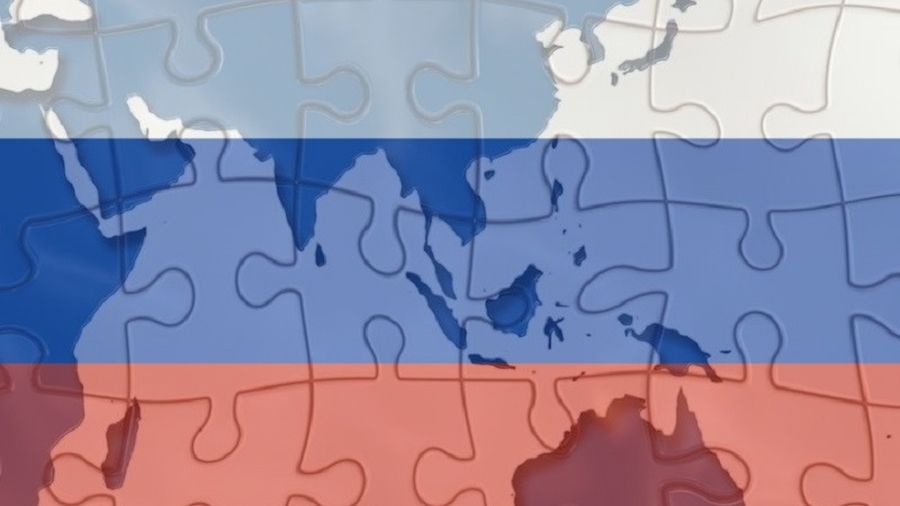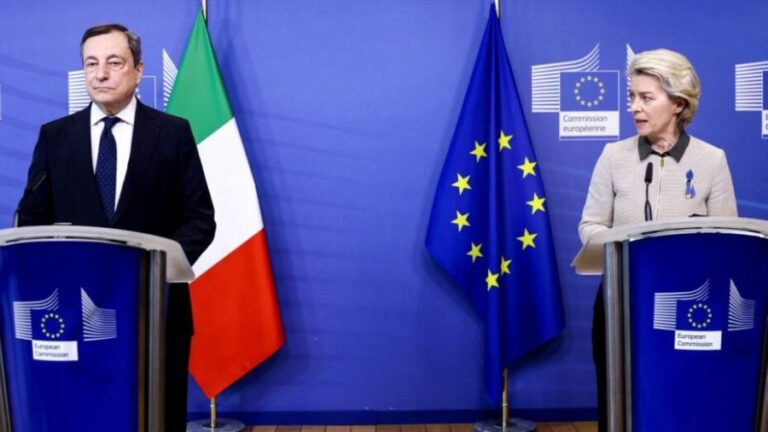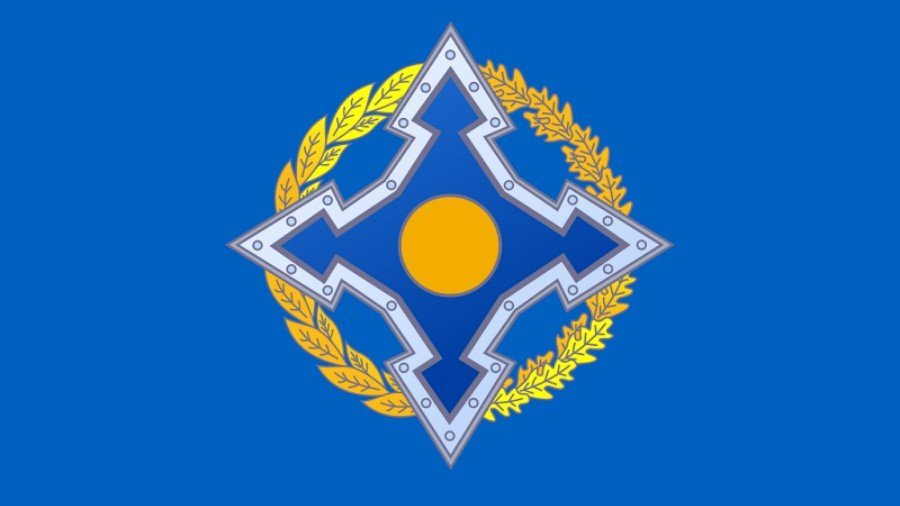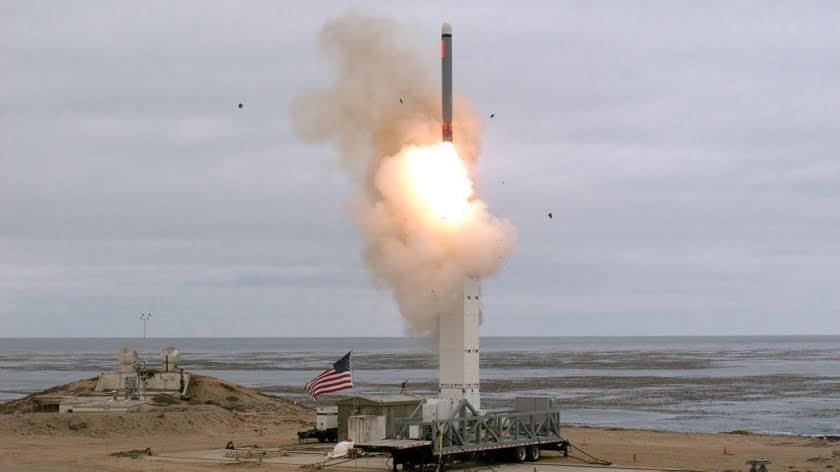Russia Must Urgently Prioritize Formulating an Official Indo-Pacific Policy
The Indo-Pacific is rapidly becoming the convergence point of many of the world’s geostrategic processes, but Russia has yet to formulate an official policy towards this vast space, which places it at a disadvantage vis-a-vis its Great Power peers.
The Indo-Pacific is among the top buzzwords in the foreign policy community nowadays because this vast region is rapidly becoming the convergence point of many of the world’s geostrategic processes. The New Cold War between the American and Chinese superpowers is unfolding in these two oceans and their hinterlands, which is prompting more Great Powers to pay greater attention to them. The majority of global trade traverses through these waters and the coastal countries have some of the fastest-growing economies anywhere on the planet. Nevertheless, some of them are also inherently unstable due to preexisting identity and territorial conflicts that are at times externally exploited, which thus makes the Indo-Pacific an emerging hotspot too.
It therefore wouldn’t be an exaggeration to say that all relevant players in the international system should have a policy in place towards the Indo-Pacific. Russia has yet to formulate an official one, however, which places it at a disadvantage vis-a-vis its Great Power peers. All that it has are separate policies that haven’t been integrated into a singular one apart from perhaps there being some regional visions that still aren’t considered part of a cohesive Indo-Pacific whole. Bilateral engagements with China, Japan, South Korea, Vietnam, India, and South Africa form the basis for Russia’s policies towards Northeast Asia, Southeast Asia, South Asia, and sub-Saharan Africa respectively though there’s also sometimes multilateral engagements with ASEAN, BRICS, and RIC too.
Without connecting these disparate parts into a comprehensive policy, Russia’s approach towards the Indo-Pacific will always remain complete. It must realize that these separate policies complement one another, but this awareness can only be brought about through a change in perspective from its academic, expert, and foreign policy communities. Thus far, Russia’s official approach towards the Indo-Pacific is reactionary, with Foreign Minister Lavrov at times warning about the US’ intentions to contain China there. This, however, hasn’t led to any proactive engagement with the countries and organizations of this region with the intent of crafting an official Indo-Pacific policy. That lack of vision is resulting in Russia lagging behind its peers once again.
Any comprehensive policy towards the Indo-Pacific must include components of Russia’s existing policies towards Northeast Asia, Southeast Asia, South Asia, West Asia, and sub-Saharan Africa. The geographic extent of this space can more accurately be described as the Afro-Pacific considering the rising importance of East and Southern African countries in this strategic context. Regardless of whatever Russian decision makers decide to call it, their policy will also have to incorporate multilateral engagement with relevant economic and political structures such as ASEAN, the East African Community (EAC), Regional Comprehensive Economic Partnership (RCEP), and South Asian Association for Regional Cooperation (SAARC), among many others.
Furthermore, it must have diplomatic, economic, and military dimensions too. On the diplomatic front, Russia should try to position itself as the supreme balancing force in Afro-Eurasia through a blend of “classical diplomacy”, “economic diplomacy”, and “military diplomacy”, though this vision is only credible if Moscow has the appropriate tools to leverage to this end. Next, Russia will ideally aim to have its Greater Eurasian Partnership (GEP) balance between China’s Belt & Road Initiative (BRI) and the joint Indo-Japanese Asia-Africa Growth Corridor (AAGC) in order to avoid disproportionate dependence on either economic network. And militarily, it mustn’t inadvertently provoke any security dilemmas, especially with China and India.
These are very ambitious and admittedly challenging goals, which is why the first step must be carried out within Russia’s own expert community. The Ministry of Foreign Affairs (MID per its Russian abbreviation) should begin reaching out to regional (Northeast Asia, Southeast Asia, etc.) and subject (economic, diplomatic, military) experts with a view towards eventually bringing them together into a larger working group focused on formulating a comprehensive policy towards the Indo-Pacific. As is presumably the case with practically every Great Power’s diplomatic bureaucracy, it’s unlikely that Russia’s specialized experts ever engaged much with many of their differently specialized peers, yet this is arguably the need of the hour.
Economic experts must meaningfully interact with those who generally specialize in East African political affairs as well as their peers who focus on the military situation in South Asia for example. Basically, the existing nodes within Russia’s MID whose areas or subjects of responsibility fall within the vast geographic domain of the Indo-Pacific must form a new network aimed at achieving effective results. Russia has to organize their interactions in such a way that the eventual outcome is the most accurate assessment possible of the overall strategic situation in the Indo-Pacific space. Only with this insight can Russia confidently craft a comprehensive policy in this respect, but it’ll still likely take some time before it gets to that point.
Along the way, it might be helpful if Russia organized a high-profile conference in order to accelerate progress in this direction and greatly assist with brainstorming, or it could organize the same upon the final formulation of its Indo-Pacific policy in order to serve as the means through which it formally announces it to the world as an outcome of that event. Either way, this proposal could be advanced through the leading role of Russia’s MID, the Russian Academy of Sciences (RAN per its Russian abbreviation), the Moscow State Institute of International Relations(MGIMO, which is run by MID), the Diplomatic Academy, the Higher School of Economics, and the prestigious Valdai Club and Russia International Affairs Council (RIAC) think tanks.
Better yet, that proposed event within Russia’s expert community could then become the first in a yearly tradition that could subsequently be expanded to include the participation of prominent experts from the many countries in the Indo-Pacific that Moscow would more actively engage with as part of its official policy towards that geostrategic space. This could prospectively result in a globally prominent platform with time that serves the important function of bringing together this megaregion’s many stakeholders to discuss the most pressing issues of pertinence during that year. Such a vision would also reinforce the growing perception of Russia as a neutral, balancing force within the Indo-Pacific focused solely on peace, stability, and development.
Russia is redirecting its grand strategic focus towards the Indian Ocean as evidenced by its recent endorsement of Central Asia-South Asia connectivity through the planned Pakistan-Afghanistan-Uzbekistan (PAKAFUZ) railway and President Putin’s interest in cooperating with India to ensure maritime security presumably also within his ally’s eponymous ocean, so it’s incumbent on the Kremlin to prioritize crafting a comprehensive Indo-Pacific policy as soon as possible. Russia’s rapid return to South Asia this year gives it tangibly emerging stakes in this megaregion and should hopefully inspire MID to do what’s needed in order to bring this about per the practical proposals shared in this analysis.






